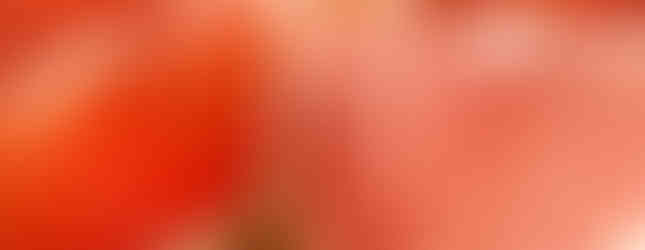Antioxidants & Performance
- My Dietary Strategies

- Aug 1, 2024
- 2 min read
Discover how antioxidants impact athletic performance.
What are Antioxidants
Antioxidants include vitamins, minerals and polyphenols. The familiar ones include:
Vitamin D (fat soluble vitamin)
Vitamin E (fat soluble vitamin)
Beta-carotene and other carotenoids
Selenium
Manganese
Copper
Anthocyanins
Common Food Sources of Antioxidants
Those who are at risk of having poor antioxidant intakes include:
Those who restrict their energy intakes
Following a low-fat diet for a long period of time. As most vitamins that are considered antioxidants are fat soluble, following a low-fat diet would prevent us from absorbing the antioxidants.
Those who don't eat vegetables
Those who don't eat fruits
Those who don't eat wholegrains
Why do we need Antioxidants
They play important roles in protecting cell membranes from damages made by stresses.
Stresses include:
The environment (e.g. excess UV light, in high altitude, haze, smoking, second-hand smoking),
Occasional exercising,
Being on a high fat diet,
Damaged muscles including exercise-induced muscle damages
Taking alcohol
Being injured,
When you fall sick
Being overweight/obese, etc.
How do I enhance my ability to handle the exercise-induced stresses?
Although occasional exercise is known to increase the level of oxidative stresses in the body, it will increase the function of the body's antioxidant system. Constantly exercising helps develop our antioxidant system in the body. This is why well-trained athletes may have a more developed endogenous antioxidant system than a less active individual.
Do I need antioxidant supplements?
It is not needed when you are trying to adapt to training and when you have exercise-induced muscle soreness during the training period as it will prevent you from "modifying your muscles" to enhance your muscles' ability to adapt to the higher intensity and volume.
However, supplements may be used when you have consecutive competition events back-to-back but that requires professional monitoring and planning.
The safest and most effective dietary strategy to help with muscle soreness and to handle the day-to-day stresses is to consume meals that contain antioxidant-rich foods.
The only time to take supplement is to reverse a pre-existing deficiency. Rather than self-diagnosing the need for supplements:
do a screening where we will assess your dietary practices and habits to screen your dietary status
If we suspect that you are deficient, you will need to seek your medical doctor to get the blood test.
While you are waiting for your blood test, your meals are to be amended If results states that you are deficient, supplements may be prescribed to you by the doctor
Key Takeaways
Include antioxidant-rich food in every meal
Oxidative stresses occur in various situations such as environment, overweight/obese, taking alcohol, being on a high fat diet, having exercise-induced damaged muscles/ muscle soreness, etc.
You don't need antioxidant supplements unless you are deficient
Antioxidant supplements can negatively affect performance where prevents you from adapting to your training.
Have a nutritionally balanced diet instead of using a fad diet to manage your weight.
Services available

























































Comments